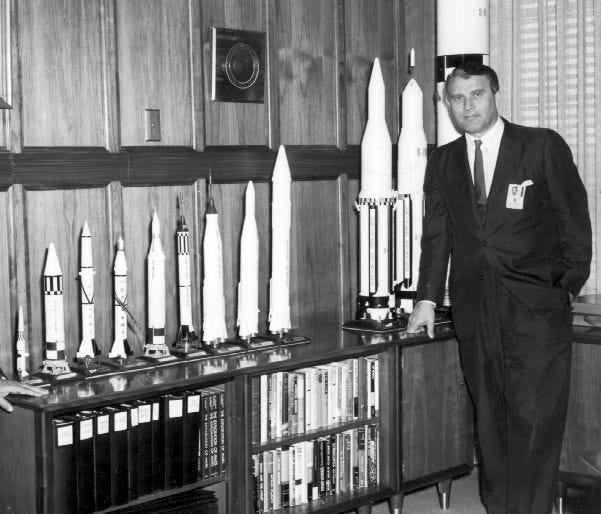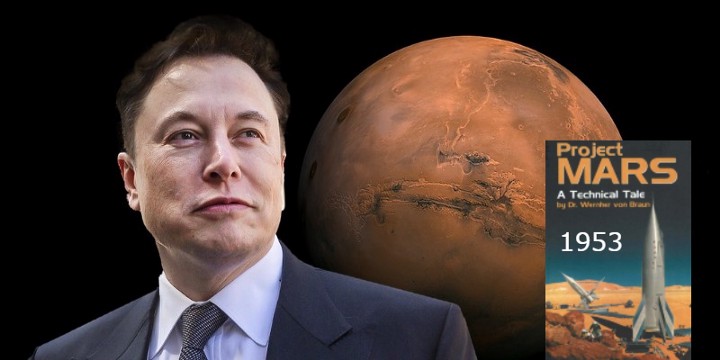 ince the early evolution of the Homo-sapiens species, humanity had been destined towards expanding its own horizons. It was not just an exponential rise in the growth of the population, but also a biological calling toward discovering new territories and adapting to new habitats. So why is the idea of humans populating another planet so taboo to everyone?
ince the early evolution of the Homo-sapiens species, humanity had been destined towards expanding its own horizons. It was not just an exponential rise in the growth of the population, but also a biological calling toward discovering new territories and adapting to new habitats. So why is the idea of humans populating another planet so taboo to everyone?
Elon Musk has been criticized over and over again for his dream of leading the first colonization of mars and settling a permanent society of humans with the hopes that it would flourish a new type of lifestyle. We have been born and bred on Earth, so our bodies have been used to this ecosystem for millions of years. But, with all of these negative impacts brought by those who do not care about climate change, those who do want a new home that is toxic-free of such organisms.
SpaceX, a private space company founded and led by Elon Musk has been trying for years to build a less expensive way to reach Mars and systems that would allow humans to live on the planet, despite the harsh conditions and most importantly the lack of oxygen. Interestingly enough, Mars was once very similar to Earth in terms of climate and even had more oxygen than our beloved planet.
Maybe we as humans are destined to inhabit the rest of the planets in our galaxy and why not the whole Universe? Throughout history, there have been many futurists predicting things that have occurred. Most call it coincidence, but I think that certain things are simply bound to happen sooner or later. Some people just happened to see them coming sooner than everyone else and one such person is Dr. Wernher von Braun.
Who is Wernher von Braun?
For those that aren’t aware of who, Dr. von Braun is, he is considered to be the father of the rocket and all the technology behind the pillars of aerospace engineering. He was the person who had worked for the Nazi space program in World War II, building the infamous V1/V2 rockets that Germany used to bomb Britain. After the war, he was conscripted by the Americans to work for NASA.

This was the man that made the Apollo missions possible such as Apollo 11, the first time humanity landed on the moon and on another planet. He brought all the right people and knowledge to assemble the technology that made NASA win the Space Race in 1969 during the Cold War. As an expert aerospace engineer with an IQ of 180, Dr. von Braun was able to see the potential humanity has and interestingly enough predicted even before the first Apollo mission.
Dr. von Braun published a book in 1953 entitled, “Project MARS: A Technical Tale” which describes how humanity will (in what was the near future at the time) be able to colonize Mars and make travel to different planets in our galaxy very accessible to your average Joe.

Until the 1970s, the existence of life on Mars remained an open question. We know today that there are no civilizations on Mars, but in 1949, when this story was written, the possibility had not yet been ruled out. In this story by Wernher von Braun, Mars has an underground civilization that is more or less on par with our own. And it is a peaceful civilization, neither bent on conquest nor paranoid about being attacked.
In this story of man’s first human mission to Mars, ten spaceships make the journey. Upwards of 1,000 flights into Earth’s orbit are required to build, supply and fuel these ten ships, and it is an international, cooperative project. In short, the undertaking is on a scale that would never happen in the real world. We tend to stick our toes in the water first, before diving in. But neither of these issues takes anything away from the story. In fact, they add to its larger-than-life-adventure quality.
Dr. von Braun Predicting the Future
One very interesting aspect of the book is the mention of the person that would be the leader of the first civilization of Mars. The name mentioned is “Elon” It is important to mention that this book is non-fiction and has been originally published in German. Here is the paragraph within the book that mentioned Elon as the leader of Martians.

The paragraph translates to this: “The Martian government was directed by ten men, the leader of whom was elected by universal suffrage for five years and entitled “Elon”. Two houses of Parliament enacted the laws to be administrated by Elon and his cabinet.”
The text can be found within Chapter 24 where Dr. von Braun talks about the way Mars civilization would be government and the sort of laws that would be applied on this planet upon being colonized by humans. Out of thousands of names, the author chose Elon. This could be of course “another coincidence” or probably a destined future is foreseen by a great mind.
SpaceX has been making great strides with its new model rockets that are created to make travel to Mars mainstream. Some people have pointed out that there is an awful great similarity between the new model rockets presented by SpaceX and the rockets that are shown on the cover of the book.

In 2020, Elon Musk has stated that he is planning to send 1 million people to Mars by 2050 by sending 3 rockets per day and creating lots of jobs on Mars as well as a new economy. Everyone has been laughing at this idea, saying that the technology is here, but still too expensive to make it mainstream. Others are saying that these science fiction ideas will never breach out of movies and comic books and yet we have flying cars since 2021.
What exactly the future hold for us is unsure at best. What is sure is that with each passing day, SpaceX and Elon Musk are getting closer to colonizing Mars and as long as millions of dollars and the greatest minds in the world are being invested in this project, it will eventually happen. It was never a question of “will it ever happen?”, it will always be a question of how soon will it happen?
Avid Writer with invaluable knowledge of Humanity!
Upcoming historian with over 30 million views online.
“You make your own life.”





